 Information concerning how to prevent heart attacks should come naturally, like common sense but often people do things that could be deemed as somewhat unreasonable. If you have been diagnosed with atherosclerosis, clogged arteries you should be more aware of what may trigger an unwanted cardiac event and thereby prevent heart attacks from taking place.
Information concerning how to prevent heart attacks should come naturally, like common sense but often people do things that could be deemed as somewhat unreasonable. If you have been diagnosed with atherosclerosis, clogged arteries you should be more aware of what may trigger an unwanted cardiac event and thereby prevent heart attacks from taking place.
Those who have not been diagnosed with heart disease, yet are feeling age creep upon them should also be aware that undiagnosed atherosclerosis could be a problem, especially after age 40. Factors such as age, genetics, high blood pressure, smoking, a high fat diet and packing too much belly fat increase your risk. You may want to consider taking the appropriate steps to prevent heart attacks from occurring if at all possible.
Tips That Help Prevent Heart Attacks
In springtime many of us, whether male or female, get the urge to break out of the winter blues and begin doing activities that stress even healthy hearts and arteries. If you have been inactive during the winter make sure you ease into strenuous activities.
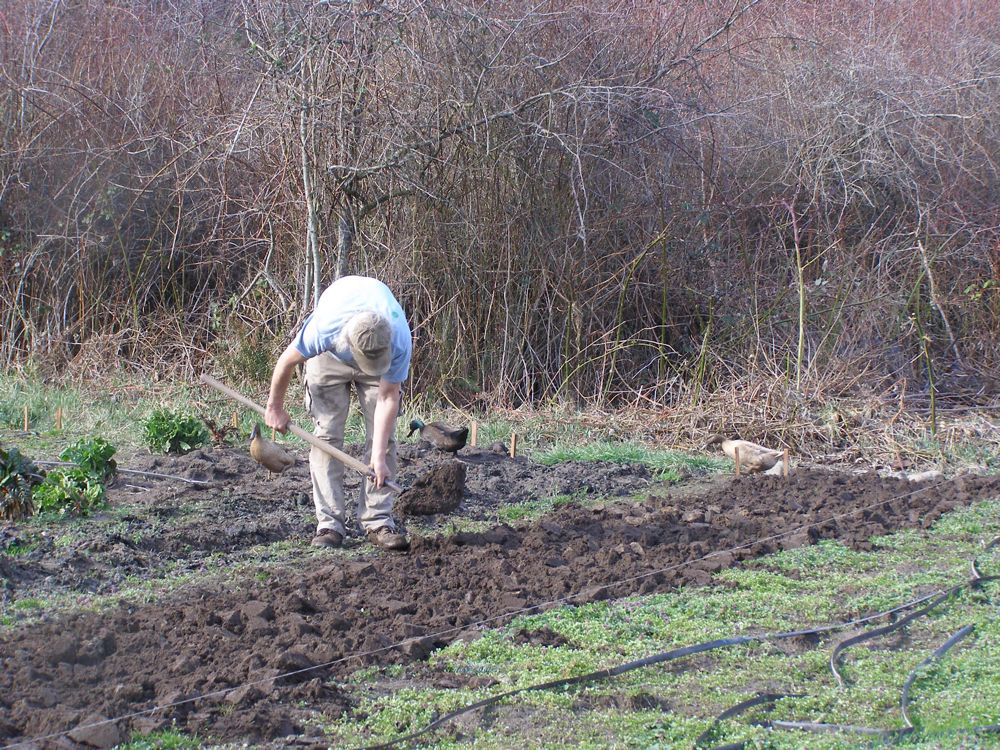 I’d advise seeing your doctor for a check up but even a clean bill of health doesn’t give you a 100% guarantee of safety. How many times have you heard of some guy dropping dead right after his doctor gave him a clean bill of health? It happens far to often. The doctor says “you’re as healthy as a horse” and the unsuspecting man goes home (women aren’t immune), starts to spade their 1/2 acre of vegetable garden plot and they soon drop dead in some overturned sod. That’s the “garden variety” heart attack.
I’d advise seeing your doctor for a check up but even a clean bill of health doesn’t give you a 100% guarantee of safety. How many times have you heard of some guy dropping dead right after his doctor gave him a clean bill of health? It happens far to often. The doctor says “you’re as healthy as a horse” and the unsuspecting man goes home (women aren’t immune), starts to spade their 1/2 acre of vegetable garden plot and they soon drop dead in some overturned sod. That’s the “garden variety” heart attack.
 The point is that if you are getting older and have been a couch potato all winter don’t go out and turn over an acre’s worth of dirt or try to clean up your yard all in one day. Ease into gardening or whatever you are doing. Don’t worry the tasks you have laid out won’t leave you. They will still be there tomorrow, waiting for you to partake in a little more exercise each day. Preventing heart attacks isn’t rocket science in the case of most people. It’s simply a matter of taking precautions as we age. And …
The point is that if you are getting older and have been a couch potato all winter don’t go out and turn over an acre’s worth of dirt or try to clean up your yard all in one day. Ease into gardening or whatever you are doing. Don’t worry the tasks you have laid out won’t leave you. They will still be there tomorrow, waiting for you to partake in a little more exercise each day. Preventing heart attacks isn’t rocket science in the case of most people. It’s simply a matter of taking precautions as we age. And …
If you are a hunter, especially if you hunt mountainous country for deer and elk, get into shape! Now, springtime, is the time to start getting your body conditioned for the fall hunting season. Don’t be the next out of shape, beer bellied, heart attack waiting to happen, who thinks he’s Jeremiah Johnson only to find out he’s next in line at the morgue.
Lose The Belly Fat
 If you live on the American diet of gut bombs (burgers), french fries, shakes or pizza and call exercise raising your beer can for an hour each night you are probably a prime candidate for a cardiac event and need to take steps that help you prevent heart attacks.
If you live on the American diet of gut bombs (burgers), french fries, shakes or pizza and call exercise raising your beer can for an hour each night you are probably a prime candidate for a cardiac event and need to take steps that help you prevent heart attacks.
Losing weight, especially belly fat, could be one of the most urgent needs you should address because …
Belly fat increases your risk of diseases such as diabetes, cancer and heart disease. Belly fat has also been associated with an increased risk of death regardless of your overall weight.
Lower Your Blood Pressure
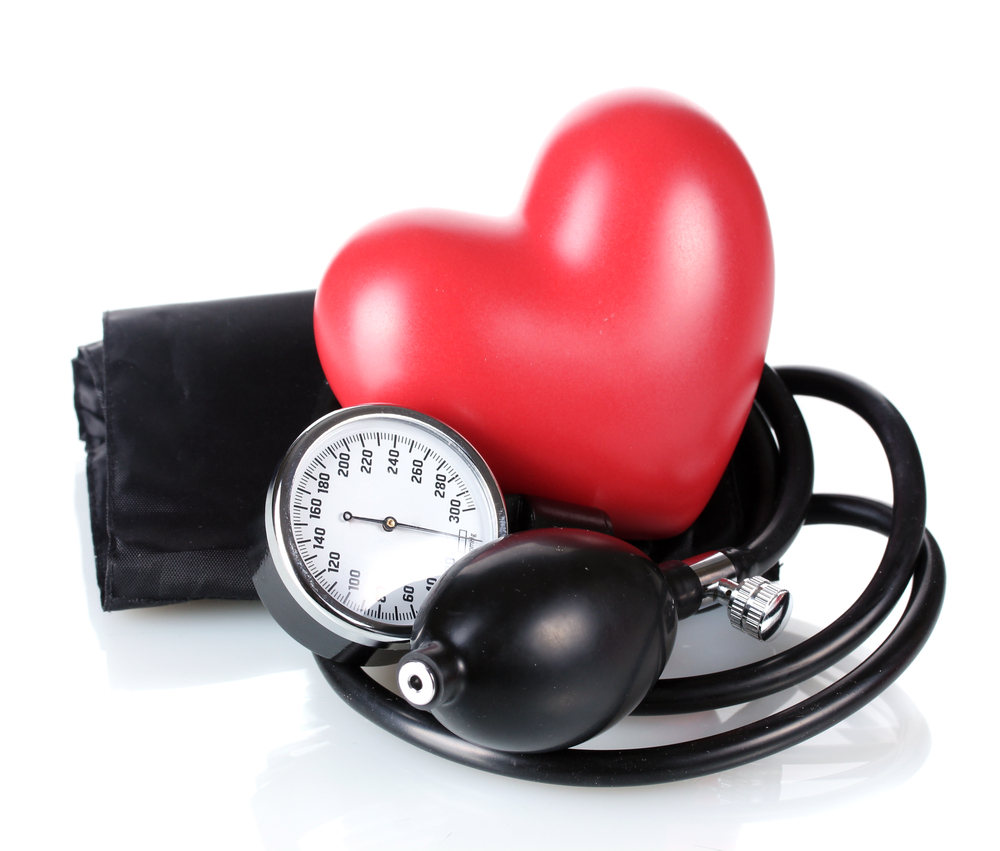 If you consistently have high blood pressure do something to lower it. High blood pressure leads to cardiac and cerebral events (MI’s and stroke). High blood pressure is called the silent killer for good reason. It damages your arteries, heart, kidneys, eyes and your brain. High blood pressure is a major cause of heart failure.
If you consistently have high blood pressure do something to lower it. High blood pressure leads to cardiac and cerebral events (MI’s and stroke). High blood pressure is called the silent killer for good reason. It damages your arteries, heart, kidneys, eyes and your brain. High blood pressure is a major cause of heart failure.
Lowering your blood pressure today may help prevent heart attacks, strokes, kidney damage and more that could occur tomorrow or next year. If you have hypertension the sooner you lower your blood pressure the better off you may be. Learn more …
Watch Your Alcohol Consumption
 Consuming too much alcohol can cause problems. Sure, nobody really enjoys a drunkard but for those with heart disease alcohol can become a fatal trigger. All year there are family gatherings that usually involve alcohol. That Memorial Day Bar-B-Q, 4th of July, the summer family reunion picnic, Labor Day, Thanksgiving, Christmas and New Years.
Consuming too much alcohol can cause problems. Sure, nobody really enjoys a drunkard but for those with heart disease alcohol can become a fatal trigger. All year there are family gatherings that usually involve alcohol. That Memorial Day Bar-B-Q, 4th of July, the summer family reunion picnic, Labor Day, Thanksgiving, Christmas and New Years.
Monitoring your personal consumption can go a long way towards the “prevent heart attacks” goal. People socialize and drink more during family gatherings and the holidays. Excessive alcohol can be toxic to the heart, particularly in people with heart disease. Alcohol depresses heart function while also irritating the top heart chambers called the atria. This irritation could possibly lead to a dangerous heart rhythm called atrial fibrillation. Use good sense. Enjoy yourself yet go easy on the alcohol to prevent heart attacks and other cardiac events.
Beware of Stuffing Yourself
 Speaking of holidays and family gatherings, food can also be a problem. People tend to eat more often and in larger quantities during family gatherings. After a large meal, especially one rich in fat, blood is directed to the intestines to aid digestion. People who have blockages in their coronary arteries, due to atherosclerosis, that restrict blood flow are at risk. The result could be chest pain or even heart attack, especially if you try playing a sport with family and friends right after eating.
Speaking of holidays and family gatherings, food can also be a problem. People tend to eat more often and in larger quantities during family gatherings. After a large meal, especially one rich in fat, blood is directed to the intestines to aid digestion. People who have blockages in their coronary arteries, due to atherosclerosis, that restrict blood flow are at risk. The result could be chest pain or even heart attack, especially if you try playing a sport with family and friends right after eating.
To prevent heart attacks eat normal sized servings while avoiding as much of the fat-rich goodies as possible, especially if you’ve been diagnosed with atherosclerosis or another heart condition. By the way don’t play rigorous sports right after a large meal.
Reduce Stress
 Anytime of year can be stressful but preparing for that summer family reunion or the major holidays can be the most stressful times of year. People are interacting more with relatives, some of whom may simply be irritating or downright obnoxious. Watch your temper while fighting crowds at the malls, traveling, attending parties, worrying about finances or interacting with people who rub you the wrong way. There’s a direct correlation between stress and cardiac events. During stressful situations, people with heart disease are more likely to experience coronary spasms, chest pain, or a heart attack.
Anytime of year can be stressful but preparing for that summer family reunion or the major holidays can be the most stressful times of year. People are interacting more with relatives, some of whom may simply be irritating or downright obnoxious. Watch your temper while fighting crowds at the malls, traveling, attending parties, worrying about finances or interacting with people who rub you the wrong way. There’s a direct correlation between stress and cardiac events. During stressful situations, people with heart disease are more likely to experience coronary spasms, chest pain, or a heart attack.
Take steps to lessen family event and holiday stress. Learn to say no, don’t overbook your social calendar. Walk away from unpleasant social situations and keep up your regular exercise and relaxation activities. Practicing common sense when it comes to stress is another way to prevent heart attacks.
Prevent Heart Attacks In Winter
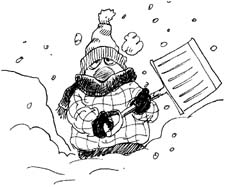 Cold weather can often play a role in cardiac events, especially for people with existing heart disease. The cold can increase the body’s response to stressful conditions, which can put people at an increased risk. When those who have heart disease engage in strenuous activities, like shoveling snow, the combination of infrequent exercise and cold can spell trouble with a capital T. Being more careful, taking it slow and easy when shoveling snow or participating in any rigorous exercise, especially when out of shape, is definitely one way to prevent heart attacks.
Cold weather can often play a role in cardiac events, especially for people with existing heart disease. The cold can increase the body’s response to stressful conditions, which can put people at an increased risk. When those who have heart disease engage in strenuous activities, like shoveling snow, the combination of infrequent exercise and cold can spell trouble with a capital T. Being more careful, taking it slow and easy when shoveling snow or participating in any rigorous exercise, especially when out of shape, is definitely one way to prevent heart attacks.
Prepare For Flu Season
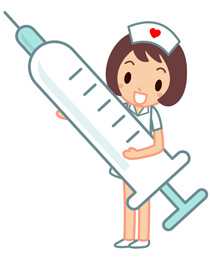 The flu season peaks between the months of December and March. Flu can be potentially dangerous for everyone, but people with heart disease are especially vulnerable. There’s evidence that the inflammation that accompanies flu may destabilize arterial plaque and increase the risk for clots, the cause of most heart attacks.
The flu season peaks between the months of December and March. Flu can be potentially dangerous for everyone, but people with heart disease are especially vulnerable. There’s evidence that the inflammation that accompanies flu may destabilize arterial plaque and increase the risk for clots, the cause of most heart attacks.
An annual flu vaccination offers some protection. The Centers for Disease Control and Prevention recommends the vaccine for adults age 50 and older, any adult with a heart, lung, kidney or metabolic disease (such as diabetes) and for those with compromised immune systems. Preparing for and doing your best to avoid catching the flu is another way to prevent heart attacks.
Don’t Delay Treatment
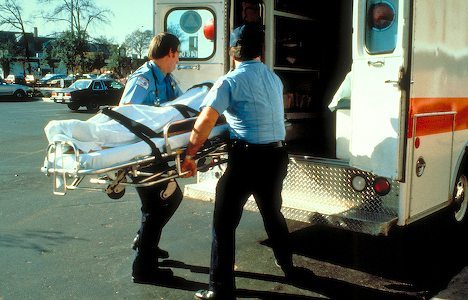 People who are caught up in the summer or winter holiday excitement may not want to ruin the fun for others. If they are ill they may delay seeking medical care, even if they’re having chest pain or other symptoms signaling a cardiac event. They are also more likely to forget to take medications, such as anticoagulants and blood pressure drugs.
People who are caught up in the summer or winter holiday excitement may not want to ruin the fun for others. If they are ill they may delay seeking medical care, even if they’re having chest pain or other symptoms signaling a cardiac event. They are also more likely to forget to take medications, such as anticoagulants and blood pressure drugs.
Put your health first at all times of year. Doing so can save your life. Keep medications in a place where you’ll see them. If you have worrisome symptoms, don’t wait until the end of the summer reunion or winter holidays. Don’t even wait until the end of the day to get medical attention. NEVER delay when you think you are having a cardiac event. Time is of the essence, immediately call 9-1-1.
Know the Common Heart Attack Symptoms
 The most common heart attack symptom for men and women is some type of pain, pressure or discomfort in the chest. But it may not be severe, especially in women, who are more likely than men to have symptoms that are unrelated to chest pain. Symptoms for men and women include the following:
The most common heart attack symptom for men and women is some type of pain, pressure or discomfort in the chest. But it may not be severe, especially in women, who are more likely than men to have symptoms that are unrelated to chest pain. Symptoms for men and women include the following:
- Chest pressure or pain
- Pain extending beyond the chest to the shoulder, arm, back, jaw
- Abdominal pain
- Shortness of breath
- Sweating
- Sense of doom
- Feeling light-headed or dizzy
- Nausea or vomiting
- Unexplained fatigue
This article should give you some insight on how to prevent heart attacks; however, if you should experience any of the above common heart attack symptoms make sure you dial 9-1-1 as quickly as possible and chew an aspirin or two while waiting for help to arrive.